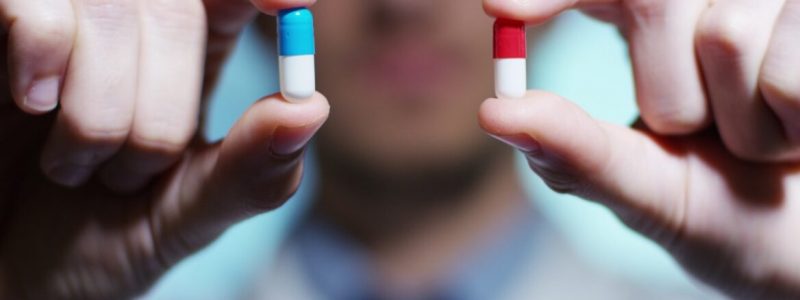
An international research group consisting of 19 scientists from Germany, the U.K., Italy, the United States and Ukraine has published the results of a study of the effectiveness of the drug Amizon (active compound enisamium iodide) in the treatment of COVID-19 disease. The trials were carried out in-vitro (in laboratory). Its results are published on the Medrxiv website, which belongs to the Cold Spring Harbor Laboratory (the United States) and it is the world’s main resource providing open access to the results of research on COVID-19.
In their article, scientists from Institute of Medical Virology, University Hospital Frankfurt, Goethe University described for the first time the antiviral effect of Amizon against SARS-CoV-2. The co-authors of the article, scientists from Oxford and Cambridge Universities, have revealed the mechanism of action of the drug, which consists in inhibiting the viral RNA polymerase, under the influence of which the virus multiplies.
The results of the study made it possible to start the third stage of clinical trials of the drug in Ukraine. In May 2020, a multi-centre, randomized, double-blind, placebo-controlled study of the efficacy and safety of Amizon Max was launched. In the course of the study, the use of Amizon was combined with basic treatment of patients with moderate severity of COVID-19 infection.
The trials were carried out in parallel in several clinics in different cities of Ukraine. Specialists from Germany were involved in the study.
Intermediate results of the third stage of clinical trials of Amizon demonstrated its effectiveness in patients requiring non-invasive oxygen support (without the use of a ventilator). In particular, at this stage of the study, Amizon showed itself as a drug that accelerates the onset of a significant improvement in the condition of patients on average up to three days.
At the same time, to confirm or refute the positive trend, an additional recruitment of patients is currently being carried out to continue clinical trials. Final results are expected at the end of February.